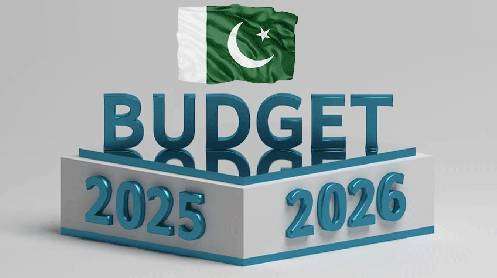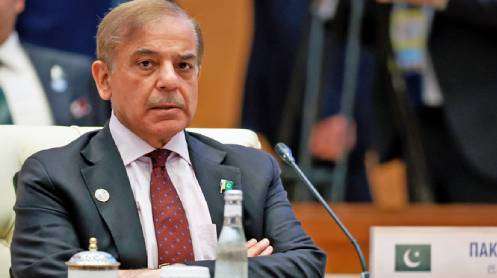ISLAMABAD – May 24, 2025: The federal government has officially postponed the announcement of the FY2025-26 budget to June 10, citing ongoing discussions with the International Monetary Fund (IMF) and the upcoming Eid holidays as key reasons for the delay.
The budget was previously scheduled to be unveiled on *June 2, with the *Pakistan Economic Survey 2024-25 now expected on *June 9. The revised schedule aims to ensure active participation of lawmakers during the budget session, which would have been disrupted by Eid-ul-Adha, anticipated around *June 7.
Planning Minister Ahsan Iqbal confirmed that IMF negotiations had recently concluded, and it was prudent to resume parliamentary proceedings post-Eid. Finance Minister Muhammad Aurangzeb held multiple rounds of meetings with the IMF staff mission, including a final wrap-up session on Friday.
Prime Minister Shehbaz Sharif’s ongoing diplomatic visit to Turkiye, Azerbaijan, Iran, and other countries has also factored into the postponement. He is expected to return on May 29, after which critical budgetary consultations will resume.
Sources indicate unresolved matters with the IMF, particularly surrounding defence allocations and the new National Tariff Policy, which proposes reducing customs duties from 19% to 9.5% on raw and semi-finished goods. The proposed changes have sparked pushback from powerful industrial lobbies.
The Annual Plan Coordination Committee (APCC) meeting, initially set for *May 26, has also been delayed. Meanwhile, staff-level talks with the IMF, which began on *May 14, will continue virtually over the coming week.
The IMF has pushed for reforms under its \$7bn Extended Fund Facility (EFF) and the *\$1.4bn Resilience and Sustainability Facility (RSF). While there are no plans to increase the **petroleum levy, a separate *carbon levy starting at Rs3 per litre—rising to Rs5 in the second year—has been proposed to meet RSF commitments.
Discussions with the IMF have also explored relief measures for the salaried class, real estate reforms, and expenditure control—all subject to alternate revenue generation strategies aligned with fiscal consolidation goals.
Meanwhile, IMF Spokesperson Julie Kozack dismissed Indian objections to the latest disbursement to Pakistan under the RSF and EFF, clarifying that funds are used to support the central bank’s foreign exchange reserves and not for budgetary or military spending.
President Asif Ali Zardari met with IMF officials on Friday and lauded the Fund’s support in stabilizing Pakistan’s economy. The IMF delegation, led by Jihad Azour, expressed satisfaction with Pakistan’s reform progress and reaffirmed continued cooperation.
Story by Khaleeq Kiani







